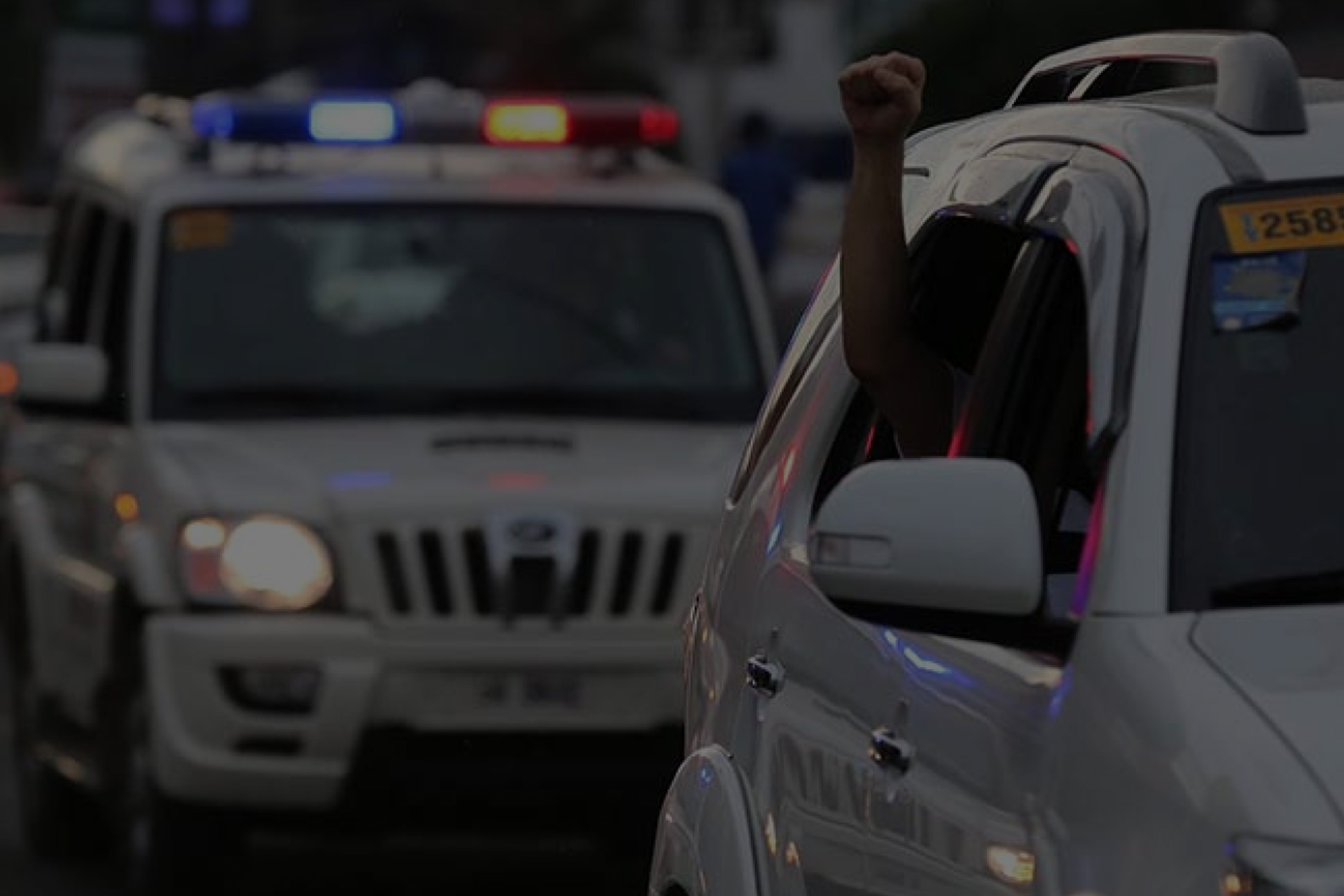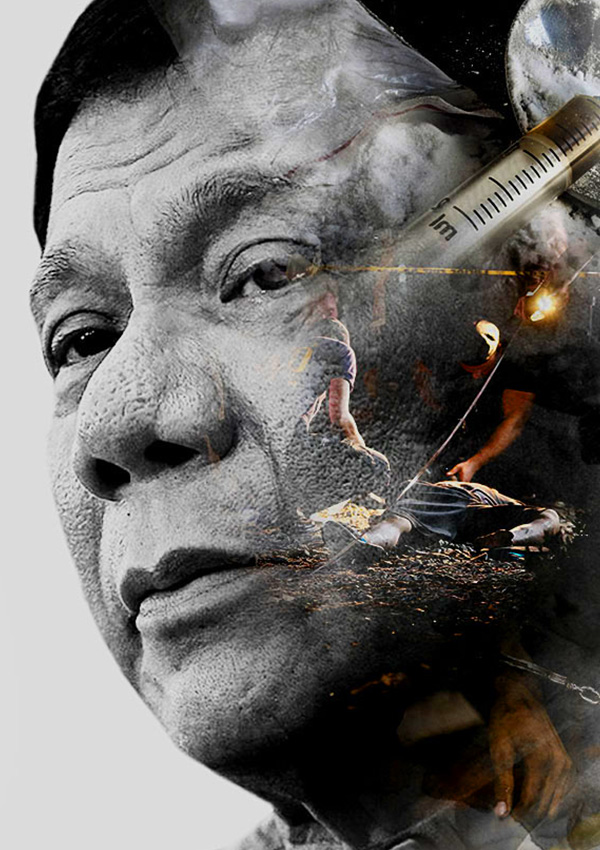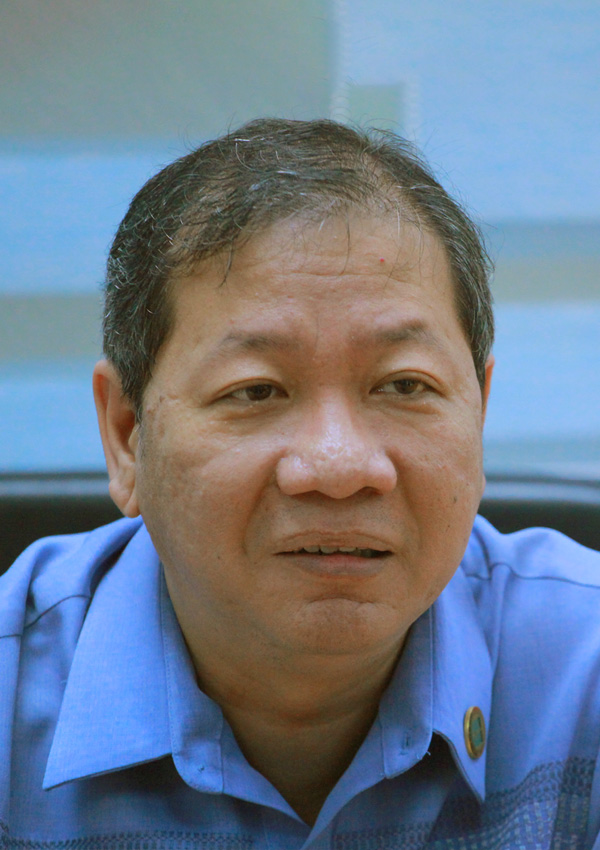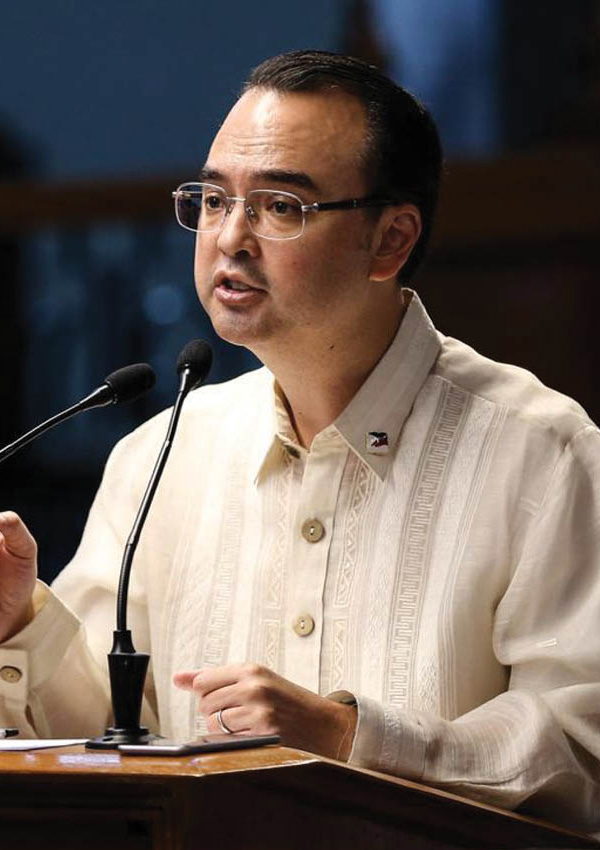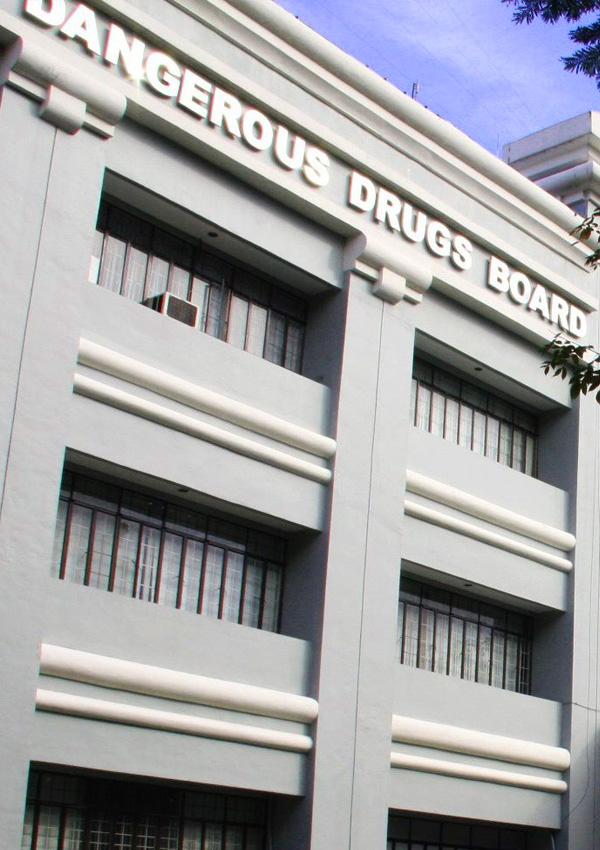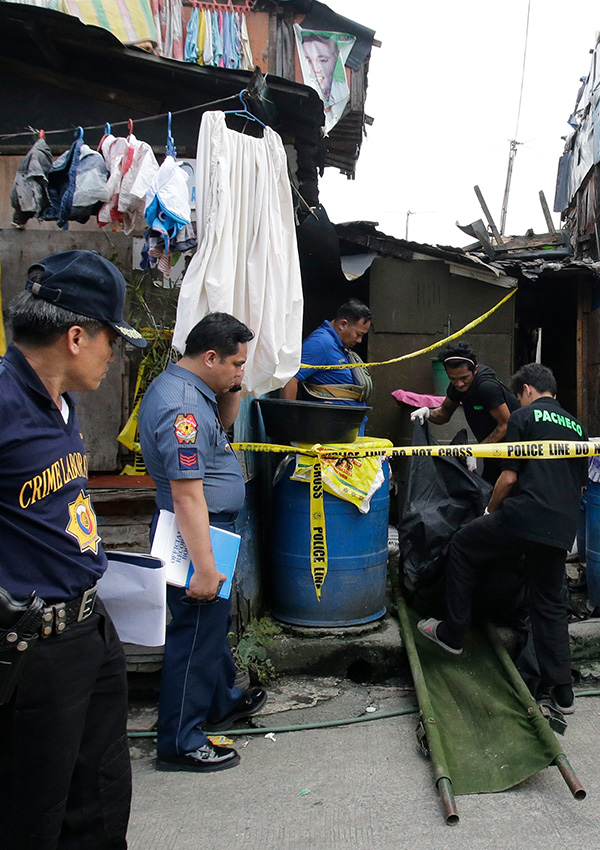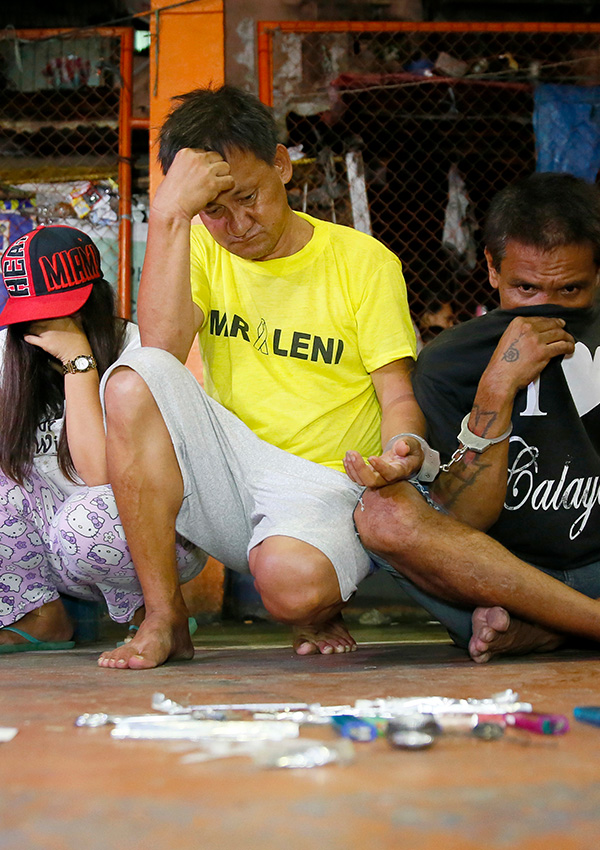M
ANILA, Philippines — Addressing the mounting criticisms of the war on drugs, the Philippine delegation in Geneva fell short of recognizing the universal characteristic of human rights as it told a United Nations assembly that the Duterte administration's campaign is to protect the rights of "majority" of Filipinos.
Menardo Guevarra, a deputy executive secretary at the Office of the President who led the delegation, spoke before the UN Human Rights Council on Thursday during the adoption of the Universal Periodic Review Working Group report on the Philippines.
"We note that a number of our esteemed colleagues in this body have raised concerns about the extent of the direct and indirect effects of this campaign," Guevarra said.
READ: Where nations stand on extrajudicial killings, death penalty in Philippines
"To the best of our ability, we tried to explain the underlying reasons for this campaign, that is to protect the human rights of the majority of our people," he added, ostensibly failing to meet the definition of application of human rights.
The drug war, which has led to the killing of thousands of mostly poor male drug "personalities" since it was launched last year, was a main issue of concern among the 95 UN member-states in the Swiss city that took the floor at the session on the Philippines on Monday.
While Guevarra assured the council that the Philippines upholds the periodic review, he said most Filipinos will potentially suffer from the "dire consequences of an unmitigated abuse of illegal drugs." The statement is despite the unalarming drug prevalence rate in the Philippines by global measures.
The Universal Declaration of Human Rights, to which the Philippines is a party, recognizes "the inherent dignity and of the equal and inalienable rights of all members of the human family" as the "foundation of freedom, justice and peace in the world."
The declaration does not exempt anyone, such as a minority of a population.
Sought for comment, the Commission on Human Rights said "universality and non-discrimination" are basic characteristics of human rights.
"Almost all international human rights instruments also stress the principle of equality and non-discrimination regardless of age, sex, religion, status etc," CHR spokesperson Jacqueline de Guia told Philstar.com.
Prior to Guevarra's statement on Thursday, Sen. Alan Peter Cayetano, another head of the delegation, was also said to have applied a restrictive definition of "extrajudicial killings" in defending the anti-drug measures before the UN body on Monday.
READ: Cayetano uses restrictive EJK definition, experts say
Thanking friendlier countries
The report summarizing the 257 recommendations of 95 member-states was adopted on Thursday, with many urging the Philippines to immediately stop the killings in the context of the drug war and conduct thorough investigations.
Guevarra acknowledged the report as significant, while he chose to highlight the positive remarks on the country's progress since the last periodic review in 2012.
He also credited member-states of the Association of Southeast Asian Nations, which he claimed to have "firsthand experience" and are "quite aware of our illegal drug problem."
The nine Southeast Asian countries went soft on the Philippines in their recommendations by skipping the mention of extrajudicial killings of drug offenders.
"Their support finds meaning in the Philippine chairmanship of the ASEAN this year as we celebrate 50 years of understanding, cooperation and collaboration," Guevarra said.
Myanmar and Thailand, however, urged the Philippines to protect its people from the threat of drugs while upholding human rights and provide appropriate health measures.
The Philippine delegation also recognized China and Japan for what he called an expression of their "support" for the drug war.
On Monday, Beijing urged Manila to address the root cause of illegal drugs. Drug policy experts have previously recognized these causes as poverty, lack of health intervention and slow delivery of justice.
